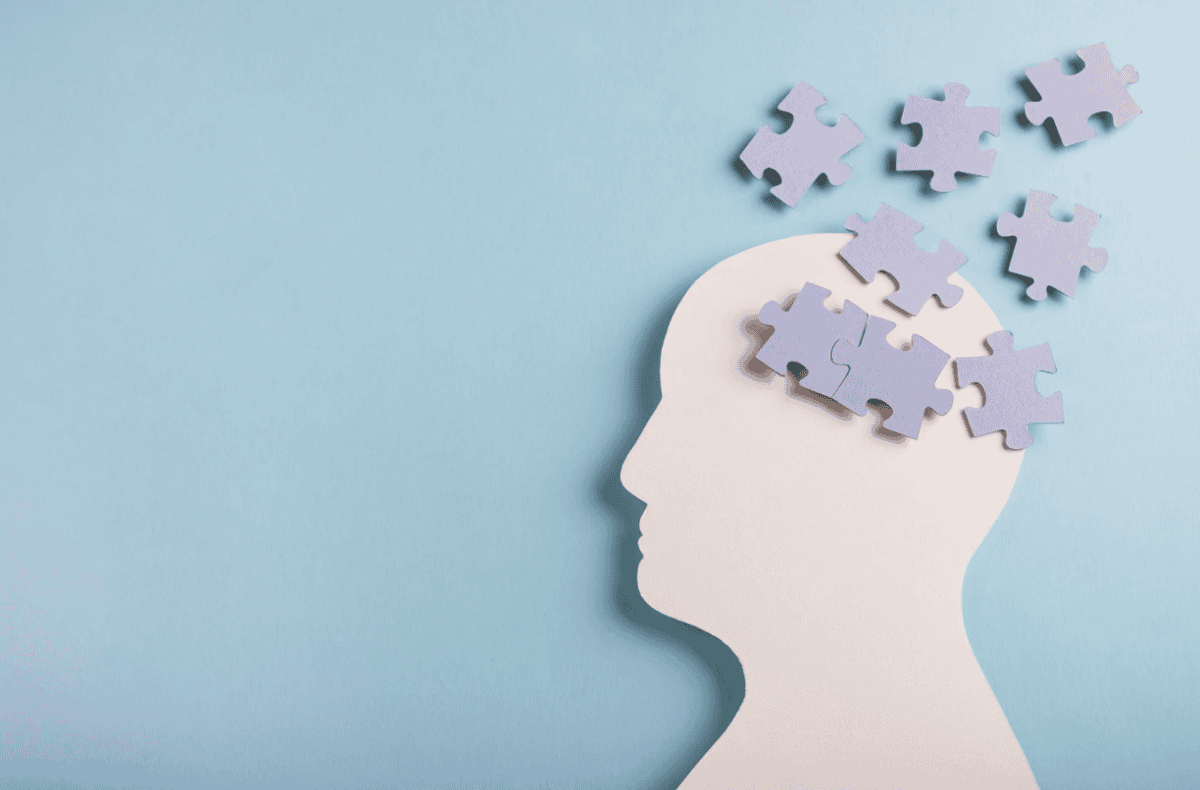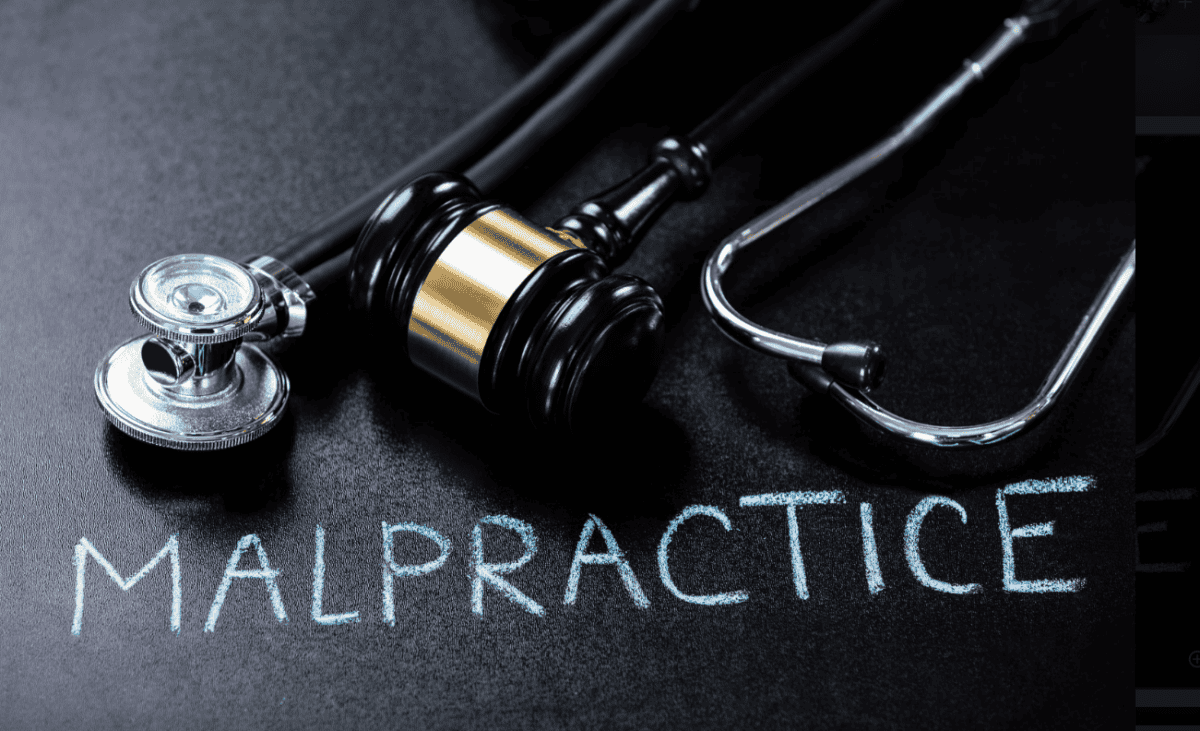Stress has become a common part of life, influencing many aspects of our well-being, including our physical health. As a result, some people are trying to find the best ways on shedding stress weight.
People often find themselves gaining weight as a response to stress through factors like emotional eating or hormonal changes. While it is essential to address this weight gain, it is equally important to ensure that our mental health does not suffer.
This guide offers strategies for shedding stress weight healthily, without compromising your mental well-being.


Understanding the Connection Between Stress and Weight Gain
Stress triggers a biological response in the body, often leading to weight gain. When faced with stress, the body releases cortisol, a hormone that can increase appetite and cravings for high-calorie foods. This can result in a cycle where stress leads to unhealthy eating behaviors, consequently leading to added weight.
Moreover, chronic stress can disrupt sleep patterns and reduce motivation for physical activity, exacerbating these effects. Recognizing these connections is important to counteracting weight gain caused by stress. By managing stress appropriately, individuals can regain control over their eating habits and physical health, while improving their mental clarity and resilience.
Helpful Procedures for Weight Loss
When traditional methods of dieting and exercise fall short, some may consider medical procedures as a viable option. Surgical solutions can provide significant assistance in weight loss efforts, particularly when other weight loss strategies have been ineffective.
Options include gastric bypass surgery, lap band procedures, and body contouring operations like an abdominoplasty. In particular, if you are struggling with specific areas of weight retention, you might find yourself asking, what is an extended tummy tuck?
This procedure focuses on removing excess skin and fat from the abdominal area, reshaping and tightening the muscles to create a more toned appearance, thereby boosting self-esteem and encouraging healthier lifestyles post-surgery.
In addition to improving physical appearance, an extended tummy tuck can also alleviate discomfort caused by excess skin, such as chafing or rashes. However, it is important to consult with a qualified surgeon to determine if this procedure is the right option based on individual health conditions and weight loss goals.
Building a Sustainable Lifestyle
The cornerstone of successful weight management is establishing a sustainable lifestyle that incorporates healthy eating and regular physical activity. Mindful eating practices can play a crucial role.
By focusing on nutritional choices and portion sizes, you can become more aware of your body’s hunger signals, which helps prevent emotional eating. Incorporating whole foods such as fruits, vegetables, lean proteins, and whole grains into your diet can enhance overall health while promoting gradual weight loss.
Physical activity is equally important, not just for weight loss, but also for reducing stress levels. Engaging in regular exercise releases endorphins, which are hormones that contribute to feelings of happiness and relaxation. Aim for a routine that includes both cardio and strength training activities to foster both physical and mental well-being.
Managing Stress Effectively
To combat stress-induced weight gain, it is vital to identify and manage stress effectively. Various relaxation techniques can be beneficial—practices such as deep breathing, yoga, and meditation help decrease stress levels. These activities promote a sense of calm, allowing you to reconnect with your body and mind, which facilitates healthier choices.
Regular practice over time can cultivate resilience against stress, making it easier to mitigate the triggers that lead to unhealthy weight gain. Engaging in hobbies, spending quality time with loved ones, or simply taking breaks to unwind can enhance your mental health, thus supporting your weight loss journey.
The Role of Support Systems
Building a support system is crucial when trying to lose weight and manage stress. Surrounding yourself with a network of friends, family, or support groups can provide encouragement and accountability. Sharing your experiences and challenges with others can foster a sense of community, relieving feelings of isolation.
Support groups, whether online or in-person, allow individuals to share their perspectives and learn from one another. There are even specialized groups focusing on stress weight loss, where you can acquire useful tips and strategies tailored to your journey.

Embracing Mental Health as a Priority
When pursuing weight loss, it is vital not to dismiss mental health. Stress impacts everyone differently, and the journey of losing weight can often lead to new challenges. It is important to be gentle with yourself and understand that progress may not be linear.
Consider seeking professional help if you find stress or weight gain to be overwhelming. Therapists or counselors can provide guidance and coping strategies to build resilience, ensuring you can approach weight loss in healthy and sustainable ways.
Finding Balance Between Goals and Well-Being
Setting realistic and achievable goals is paramount for maintaining motivation without sacrificing mental well-being. Create a plan that is challenging yet attainable, ensuring to celebration of small victories along the way. This approach helps to maintain a positive outlook and motivates continued progress.
Integration of relaxation and self-care days into your routine is also beneficial. Taking time for yourself to rest and recharge prevents burnout and encourages a healthier mindset towards weight loss goals. Balance is crucial; strive to achieve a lifestyle that supports both your physical and mental health.
Through dedication, effective stress management techniques, and supportive communities, shedding stress-related weight is achievable without harming your mental state. Prioritizing both your physical health and mental well-being ensures a healthier relationship with yourself as you navigate your weight loss journey.






























